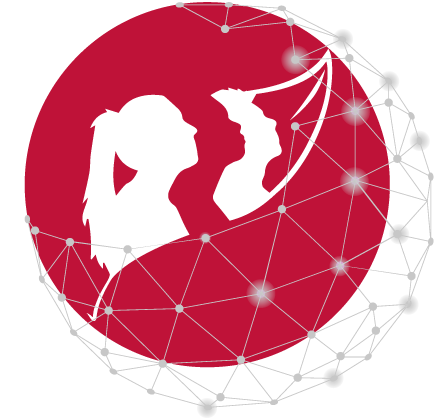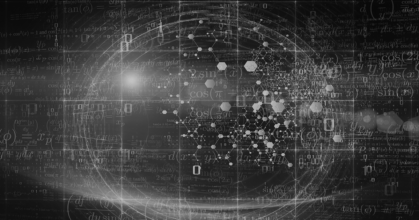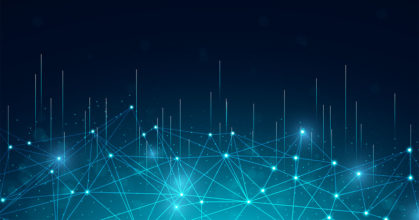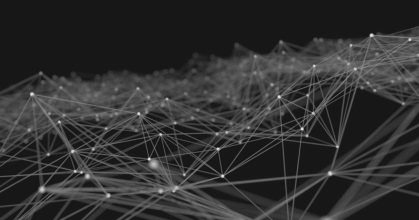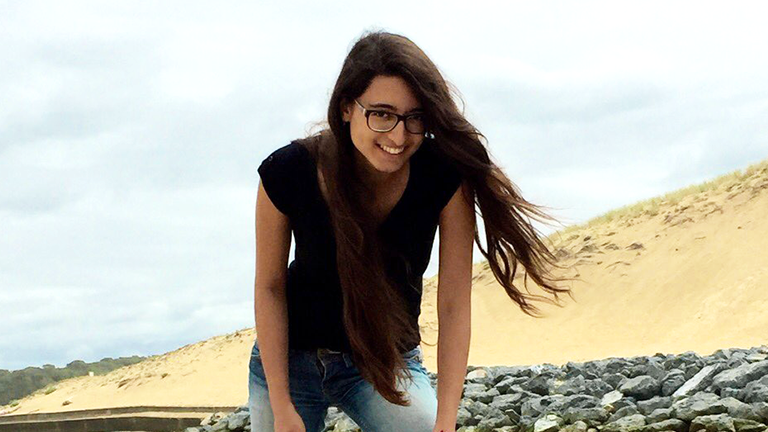Choose your area of focus
The Master’s cycle (2nd and 3rd years) is completed on the IP Paris campus, as well as students who enroll at Télécom Paris following a university technical degree. In both cases, you will obtain the same Télécom Paris degree.
On Institut Polytechnique de Paris campus
The engineering program focuses on the international dimension as part of a strong innovation ecosystem. Second-year courses include:
- Two study tracks (each of which represents 192 hours)
- Eight complementary courses (192 hours)
- Language courses and personal and professional skills training
- Two Athens weeks: one-week intensive course program offered by 15 European schools or universities
Study tracks
Composed of teaching units in the 2nd year, which introduce students to options offered in the 3rd year.
Courses in the study track represent 24 hours or 48 hours each.
Students must choose 2 study tracks out of 14.
Study tracks taught in English
Applied Algebra study track

Data Science & AI study track

Distributed Software Systems study track

Markets, Organization, Data, Strategy study track

Random modeling and scientific computing study track

Signal Processing for Artificial Intelligence study track

Study tracks taught in French
Complementary courses
Complementary courses include courses in general culture, personal and professional skills, economic and social sciences as well as a choice of elective science courses.
Languages
Contact
- Morin SigolenesmorinSigolène MorinResponsable du Pôle Déploiement des programmes, Adjointe du directeur de l'enseignementTélécom Parisemailemail
On Sophia-Antipolis – EURECOM Campus
Note: the Sophia curriculum will no longer be offered from the start of the 2021 academic year. Students currently in their 2nd and 3rd year who initially chose Sophia will complete their course at Eurecom as planned.
The Sophia-Antipolis curriculum is carried out entirely in English and is a globally-minded program, as students have the opportunity to study with international students from EURECOM‘s prestigious international partner universities, who represent 75% of the student body.
Scientific and technical courses
The Master’s cycle is based on EUROCOM’s training model, in which credit units are referred to as « long modules » or « short modules ». The academic year is divided into semesters. The two-year Master’s Cycle is therefore made up of four semesters.
Students at EURECOM must choose one of the four following study tracks:
- Mobile communications
- Smart objects
- Data science and engineering
- Communication systems security
General education courses
In today’s world, engineers’ effectiveness is based not only on their scientific and technical expertise but also on their interpersonal, project management, team management skills, etc. Not only will they have to solve technical problems, but they must also be able to work as part of a team, deal with conflicts, discuss and defend budgets etc.
Over the course of their studies, students must take a number of required courses in these fields (Economics, Law, Social Sciences and Humanities) and may also opt to take additional courses to help them build these skills and gain the knowledge they need to be successful in their professional careers.
Language courses
Due to the wide range of students’ countries of origin, language courses are organized based on levels and demand. Five languages are usually offered: German, English, Spanish, Italian and Japanese. Other languages may be offered upon request if enough students with the same level are interested.
Professional thesis
The last semester is dedicated to the professional thesis, which is completed in a company, usually in a foreign country. EURECOM gives students the opportunity to carry out their studies entirely in English should they choose to do so.
Contact
Academic officers